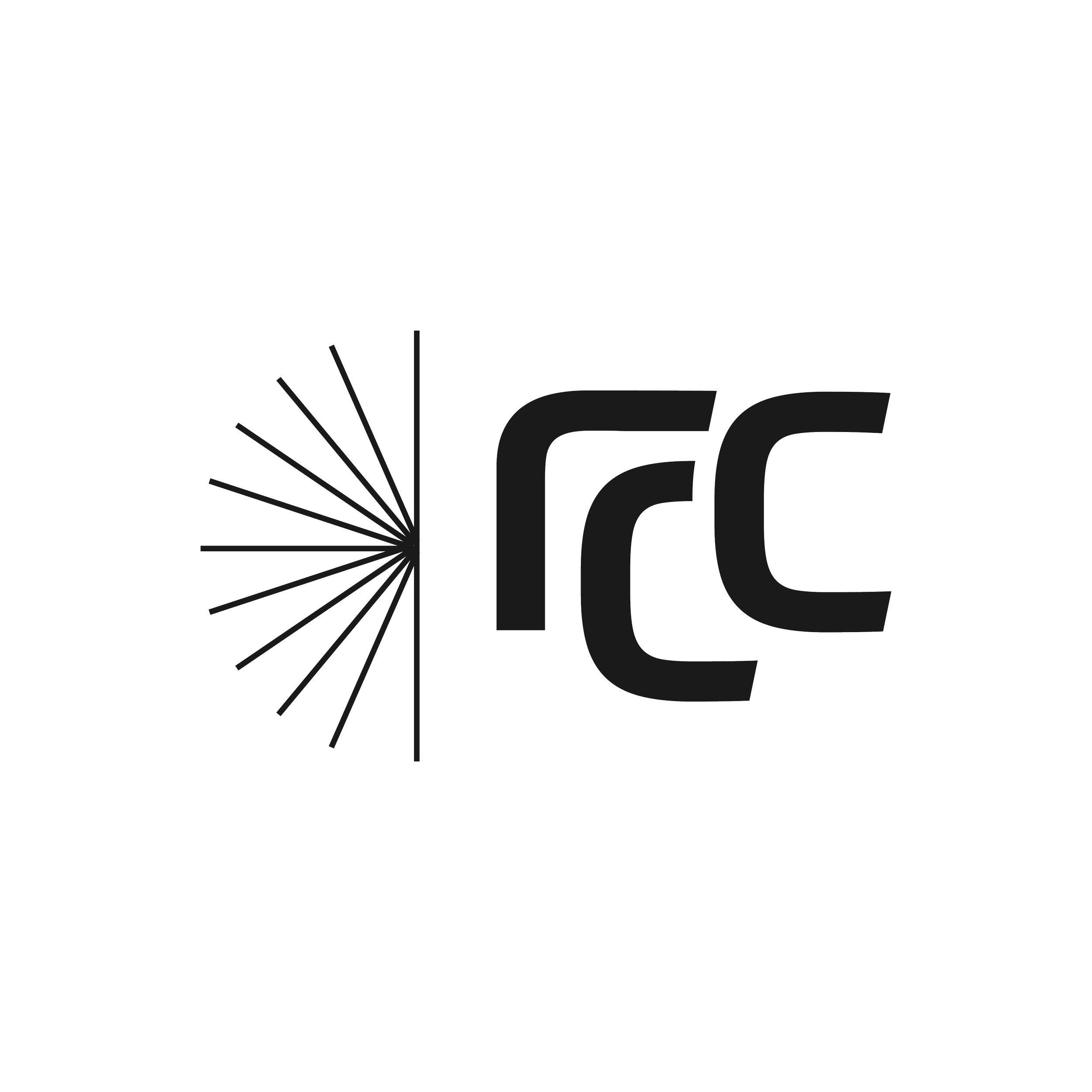Virtualizing the Business Environment
 What does a virtual business environment look like? In a technical sense, virtualization is the method of generating a virtual duplicate of data, storage, a network, or a server, and is making the idea of moving computer based systems to an entirely virtual location much more feasible than ever before. As technology constantly shifts, businesses everywhere are shadowing the technology trend of taking their organizations physical infrastructure and transforming it into a virtual platform. What was once filed away in storage cabinets for safe keeping can now be entirely housed in online repositories for more acute organization and easier access. Data management can now exist virtually, and has become simpler, less time consuming and easier to access than ever before.
Different definitions and categories of virtualization exist. Network virtualization combines multiple network resources, and subsequently divides the source into separate connections. Businesses often have a network connection with a specific number of megabytes assigned to employee computers, and a specific megabytes assigned to the company server. While there appears to seemingly be one visible network, it may be divided. Operating system virtualization is the running of more than one operating system on one single device. Server virtualization can best be understood as running more than one virtual server on the same physical server.
What does a virtual business environment look like? In a technical sense, virtualization is the method of generating a virtual duplicate of data, storage, a network, or a server, and is making the idea of moving computer based systems to an entirely virtual location much more feasible than ever before. As technology constantly shifts, businesses everywhere are shadowing the technology trend of taking their organizations physical infrastructure and transforming it into a virtual platform. What was once filed away in storage cabinets for safe keeping can now be entirely housed in online repositories for more acute organization and easier access. Data management can now exist virtually, and has become simpler, less time consuming and easier to access than ever before.
Different definitions and categories of virtualization exist. Network virtualization combines multiple network resources, and subsequently divides the source into separate connections. Businesses often have a network connection with a specific number of megabytes assigned to employee computers, and a specific megabytes assigned to the company server. While there appears to seemingly be one visible network, it may be divided. Operating system virtualization is the running of more than one operating system on one single device. Server virtualization can best be understood as running more than one virtual server on the same physical server.
Storage virtualization, perhaps Richardson Communications favorite type of virtualization, is the linking together of multiple storage devices into what appears to be one single-standing device. If you’re thinking cloud technology, you would be right. Cloud storage can off-load day-to-day storage management and maintenance tasks while cutting physical hardware costs. Of course, that would only begin to scratch the surface of what storage virtualization, and cloud technology specifically, is capable of.
An incredible benefit of virtualization is that it is entirely flexible, and there are no rules in what an organization has to choose in order to virtualize their business. Different solutions and functions can be implemented as though it were a cafeteria plan of technology services. Additional benefits of virtualizing a business include increased efficiency, reduced overhead, decreased need of physical hardware, more efficient disaster recovery and an extended device lifecycle.
If you are interested in virtualizing your business, reach out to us at RCC, and we can delve into your business to understand your needs and offer you optimal solutions that will empower your company.
Samantha Edwards Sales and Marketing Coordinator samantha.edwards@richardsoncom.com
